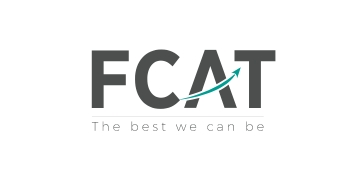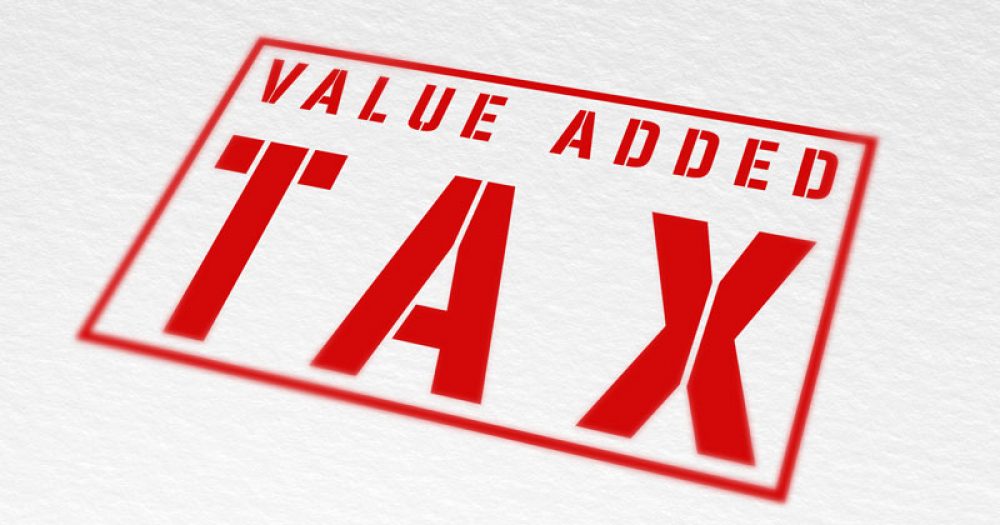Private providers are being let off millions of pounds in unpaid VAT because the tax office gave them bad advice, FE Week can reveal.
ITPs were meant to start adding a 20-per-cent charge to advance learner loans courses when the scheme was introduced in 2013, but it seems as though the rule has not been applied consistently.
HMRC finally seems to have realised that it is missing out on considerable sums of money, and has now published “clarification guidance” emphasising that all independent providers – many of which were unaware of the requirement – must pay VAT.
It is not forcing providers to make up missed payments from the past, admitting that its previously conflicting guidance had been an error of its own creation.
FE Week has seen a 2016 letter from the tax office, for example, which wrongly informs an unnamed private provider that it doesn’t need to charge VAT.
In the letter, officials mistakenly state that an exemption applies to VAT payments because the loans are an “agreement made between itself [the provider] and the secretary state for business, innovation and skills”.
HMRC has caused a great deal of confusion among providers
It suggests the loans are “training supplies which are to be treated as being funded by the Skills Funding Agency within the scope of VATA94” – for which the tax doesn’t apply.
HMRC’s official view is that advance learner loans are “a loan which is ultimately funded by the student and not by the secretary of state” meaning that they do not “result in the course qualifying for exempt treatment”.
It is understood that most other private providers have received the same incorrect advice since 2013, and the total amount of unpaid VAT could run into the millions.
The clarification implies HMRC accepts that providers have been given erroneous advice, and suggests that it will only chase future payments.
“The policy outlined in this brief is operative with immediate effect as it’s a clarification of HMRC’s existing policy,” states the guidance, published in January.
“HMRC will write to any business that has received an incorrect ruling or guidance and will issue a revised ruling, from a current or future date.
“If businesses have adopted an incorrect treatment on the advice of HMRC, they should write to us quoting Revenue and Customs Brief 2 (2018) by March 31 at the latest, providing evidence if there are individual circumstances to be taken into account.”
It added businesses which “don’t do this” will be expected to “apply the correct treatment from the date of this brief”.
The tax does not apply to FE colleges and not-for-profit organisations.
However, many providers are upset at having to fork out more money.
“HMRC has caused a great deal of confusion among providers in terms of providing conflicting guidance,” said the Association of Employment and Learning Providers’ boss Mark Dawe. “We are currently consulting with members and deciding what the best way forward is.”
Our contract is now 20 per cent less income, there’s no other way of looking at it
FE Week spoke to a private provider boss who is furious with HMRC.
“As we understood it, advance learner loans were government funding like any other type of funding which would be exempt from VAT,” said Samuel Riley, the director of the North West Skills Academy in Manchester. “Most providers are in that boat. This will massively affect us now.”
He explained that providers cannot simply add the 20-per-cent charge to the courses for learners to pay, and the amount would now have to be taken from the value of existing contracts.
“Our contract is now 20 per cent less income, there’s no other way of looking at it,” he insisted.
He also pointed out that, if advance learner loans cash is not “perceived as government funding, why is it in scope for Ofsted?”
Mr Riley claimed his organisation had numerous meetings with the Student Loans Company, which administers the loans but which had never brought up VAT.
Advance learner loans, originally known as 24+ loans, were introduced in 2013/14 for students studying courses at levels three or four and aged 24 and older.
A spokesperson for the HMRC recognised that VAT on FE loans had not been enforced properly, but would not say how much money it has failed to collect.
“When we became aware that the policy was not being applied correctly we issued guidance to give greater certainty to providers on what needed to be paid,” they said.








For those providers who did pay the VAT, surely HMRC should be providing rebates for pre January 2018 if they are to be fair and transparent with the VAT rules and their own mistakes? Or is this going to be another example of one rule for one, one rule for another – bet HMRC have got their brush ready to try to sweep this one under the carpet on a “case by case” basis.
If all providers who paid vat could get together maybe a solicitor could be appointed to represent everyone to legally fight for a rebate
It is totally unfair that all providers are not being treated the same
I didn’t charge an extra 20percent I paid HMRC 20% out of the loan amount thus making my contract worth 20% less
Surely the government can not allow contract values to vary by 20% difference between providers who paid vat and who didn’t
Over the 4 years of being a provider with student loan funding I have paid out thousands in vat yet my competitors maybe haven’t making their business more profitable …… this can’t be right
It’s eithet rebates or collection with immediate effect of back payments owed which could put some providers out of business!!
I completely agree, particularly as financial health is such a significant part of the ESFA approved provider process. Those who paid the VAT have been at a disadvantage compared to those who didn’t. I think the competitive advantage stretches further than just providers making more money – decisions have been made as how much risk is associated with providers based on their financial information.
This is the inevitable consequence of unfair and unjustifiable legislation. The news story here is not that some confused VAT officers have made a mistake. The story is that learner loans are being subject to an additional and unjustified tax that should never be charged in the first place. It is scandalous that learners who chose to enrol with a government approved training provider will be required to pay 20% additional tax on the loan they have taken out. It is incredible that given the sensitivity of forcing students to take out loans rather than having government funded provision available, they should also be charged an additional tax on top of this. Given that loans are government policy and in place, how can this be justified by the government? Why are the opposition parties not focussed on this issue in a more direct way? The opposition convoluted and overly simplistic view on student loans should not distract them from insisting on a solution being found to this immediate injustice being experienced by thousands of learners struggling to improve their futures!
Ok – I understand the logic BUT – if an entity ie A COLLEGE makes more than £80k of VAT able supplies it ,use register for VAT – how then can they be exempt?
When are this government and the ESFA going to stop treating private providers with the utter contempt they seem to be?
My own view is that this ruling is “anti-competitive” and give public sector organisations an unfair advantage – maybe AELP will challenge this in the courts – it’s totally against the premise of all EU and national legislation designed to promote fair competition.